I’ve been vegan for 4 years and have attended good food sessions and workshops that helped me learn about the struggles of our farmers and the intersectional issues that have led us to where we are today. I also gained an interest in growing my own food aside from ‘veganizing’ my favorite Filipino dishes.
Recently, I volunteered in Kusinang Bayan (Community Kitchen), a flagship project of Food Today, Food Tomorrow,(FTFT) Good Foods Community, and Pinagkaisang Lakas ng Mamamayan (PLM) in Payatas. This is my first time in Payatas, but I still remember the tragic landfill incident that killed hundreds of people and how the media portrayed it more than a decade ago.
Many things have changed since then. During our visit, I noticed that every house had its own garden, growing food such as malunggay, papaya, upo, talinum, and even grapes, which I always thought could only be found and grown in the provinces.
Despite the intense heat that day, we had a blast trying to guess each plant. They also creatively used plastic pots, made their compost and maximized their limited space by creating vertical gardens. If they can, then so do I.
I also had the pleasure of meeting some of the PLM members and Nanays, like Ate Merlinda and her sister, who have been living there since the 1970s. They fondly shared that some of the old mango trees still standing were planted by their mother. The community really takes pride in their urban garden and how it has helped them.
During the “food as medicine” session led by Mabi and attended by PLM members, we were taught how to cook tinolang mushroom and eggplant dishes using oil-free cooking techniques. One of the volunteers also taught us how to make Jamu, a healthy tonic anti-inflammatory drink from Indonesia made of ginger, turmeric, and calamansi.
This session was very helpful as it provided practical ways to help the community avoid suffering from chronic diseases such as diabetes and hypertension through the food that they eat every day. Mabi also taught us about the health and healing benefits of various vegetables, fruits, herbs, and root crops that can be easily found in their gardens.
This opened up a discussion about how the commercialized and readily available food we have in the market is doing us more harm and how our current food systems are broken. I realized that it is not just about accessibility and availability, but also about having safe, nutritious, affordable, and accessible food for everyone to thrive and lead a healthy life. Some PLM members even shared their traditional knowledge and practices of using some herbs and crops that they have to cure some common sicknesses such as colds and coughs.
Following the cooking session, we gathered again and had a hearty feast. I even got to know more of the PLM Nanays when they started opening up about the food they usually eat in the provinces, how life was back then, even some of their struggles, and how they cope. There’s so much to unpack and learn from this humbling and eye-opening experience with the community.
Lastly, as Zeke mentioned during our orientation to remind us that, we are not just helping them to end up depending on us or the flagship project, but we are here to empower the community and individuals in urban poor communities such as in Payatas so they can grow their organic food, proudly own and sustain it.
It is also important to recognize and continuously help and assert their rights to good food, the right to land, affordable housing, and social services. After all, it is always through the power of the people that we can break these injustices. It is through solidarity, collective care, and our collective power that we can shape the future we want, and liberate ourselves from these oppressive systems.
Sheen Orihuela is recognized for her roles as a humanitarian worker, eco-warrior, and mission climber, driven by a passion for aiding the most vulnerable and a profound love for the environment. Her commitment leads her to remote communities where basic services are scarce. She currently serves as the Advocacy Officer for Local Actions and Community Engagement at Living Laudato Si’ Philippines and is an active member of Youth Strike 4 Climate Philippines.
Food Today, Food Tomorrow is a coalition of small farmers, urban poor growers, community organizers, food justice activists and advocates, and youth volunteers working to help advance agroecology practices in urban communities
Be an advocate and volunteer of Food Today, Food Tomorrow, and learn more about their programs and activities You may also pledge and support the weekly deliveries of organic vegetables by pledging Php 150/ a month via http://bit.ly/goodfoodsolidarity150

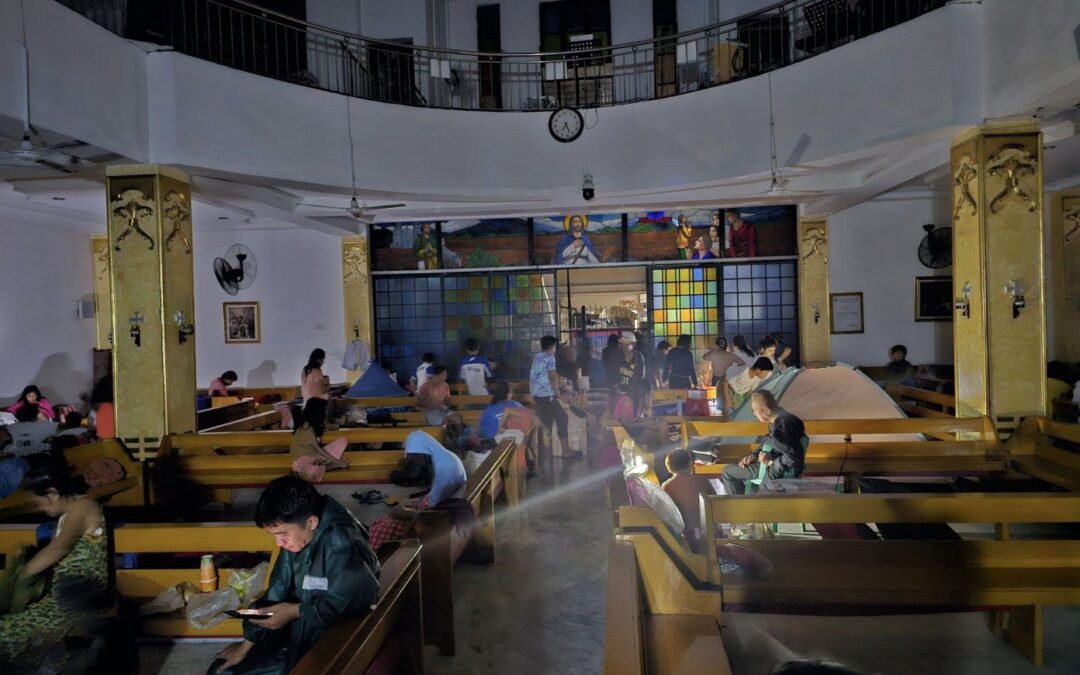
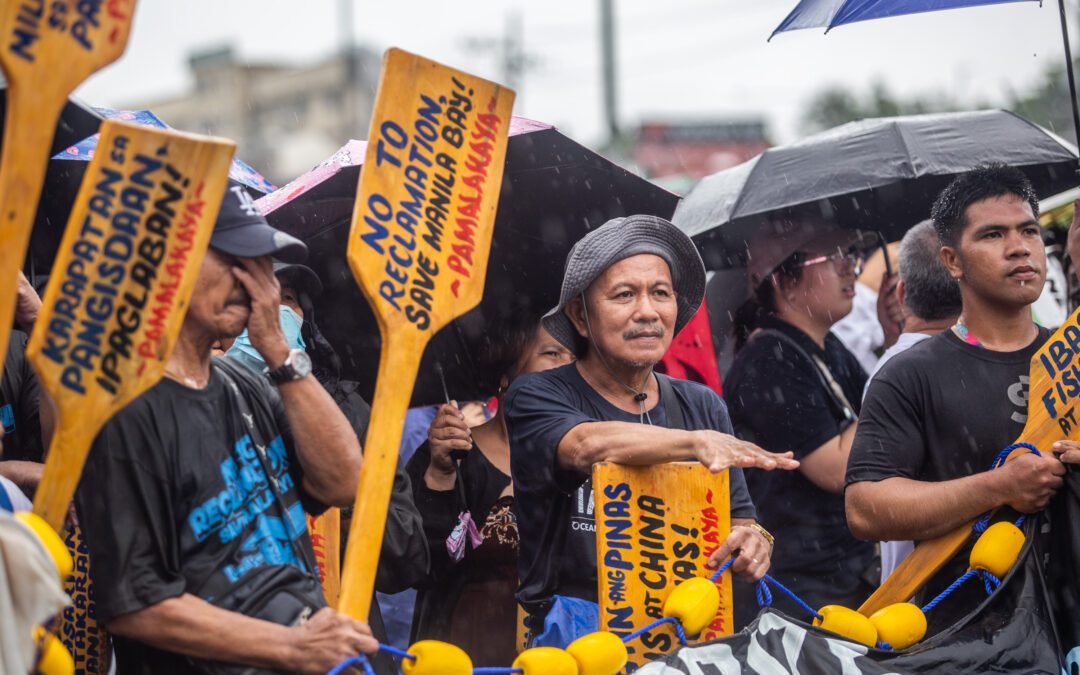
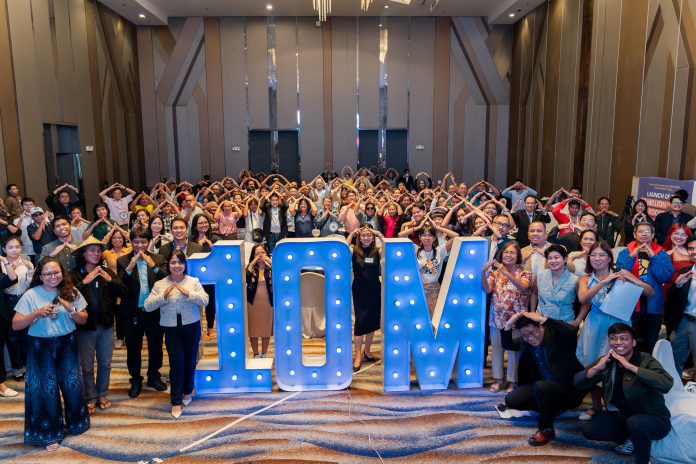
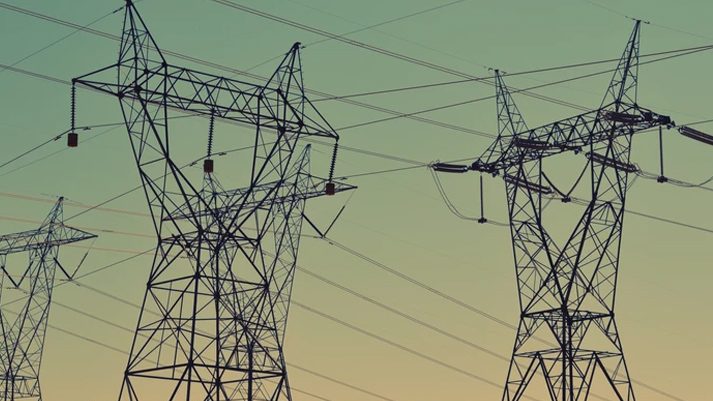
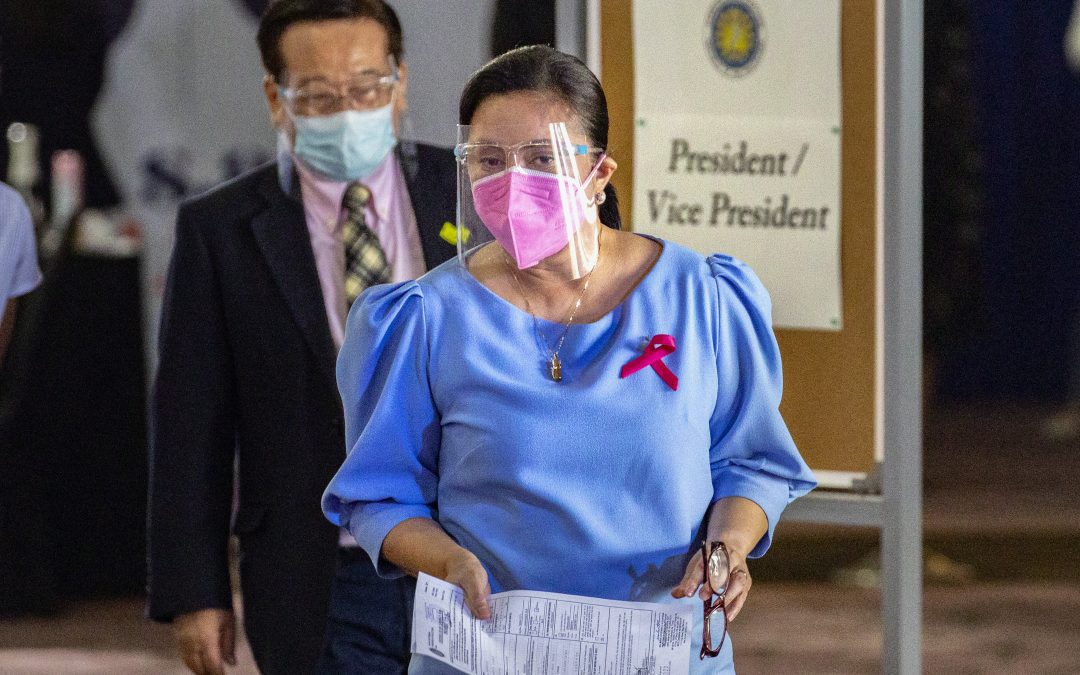
0 Comments